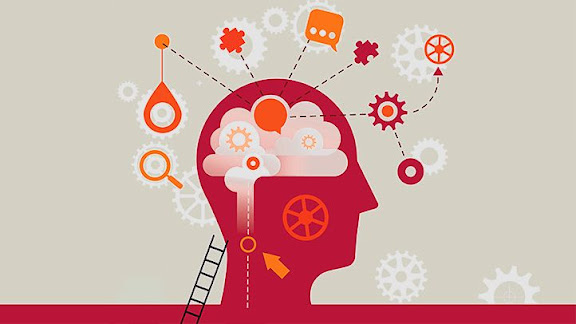Why is EQ Important for Teamwork

Daniel Goleman (1998), author of the bestseller, Emotional Intelligence: Why it can Matter More Than IQ, defined emotional intelligence, commonly called EQ (Emotional Quotient), as “the capacity for recognizing our own feelings and those of others, for motivating ourselves, and for managing emotions well in ourselves and in our relationships.” According to Salovey and Mayer (1990), “emotional intelligence is a set of skills that are thought to contribute to the appraisal of emotions in oneself and others. It can also help contribute to the effective regulation of emotions as well as feelings”. How Components of EQ Aid Teamwork? Teamwork is a collaborative and collective effort of a particular group towards achieving a common goal or completing some task in an effective manner. It has some important aspects such as cooperation, coordination, communication and interdependence. All these aspects are influenced by an underlying dimension or factor – emotional intelligence of th...

